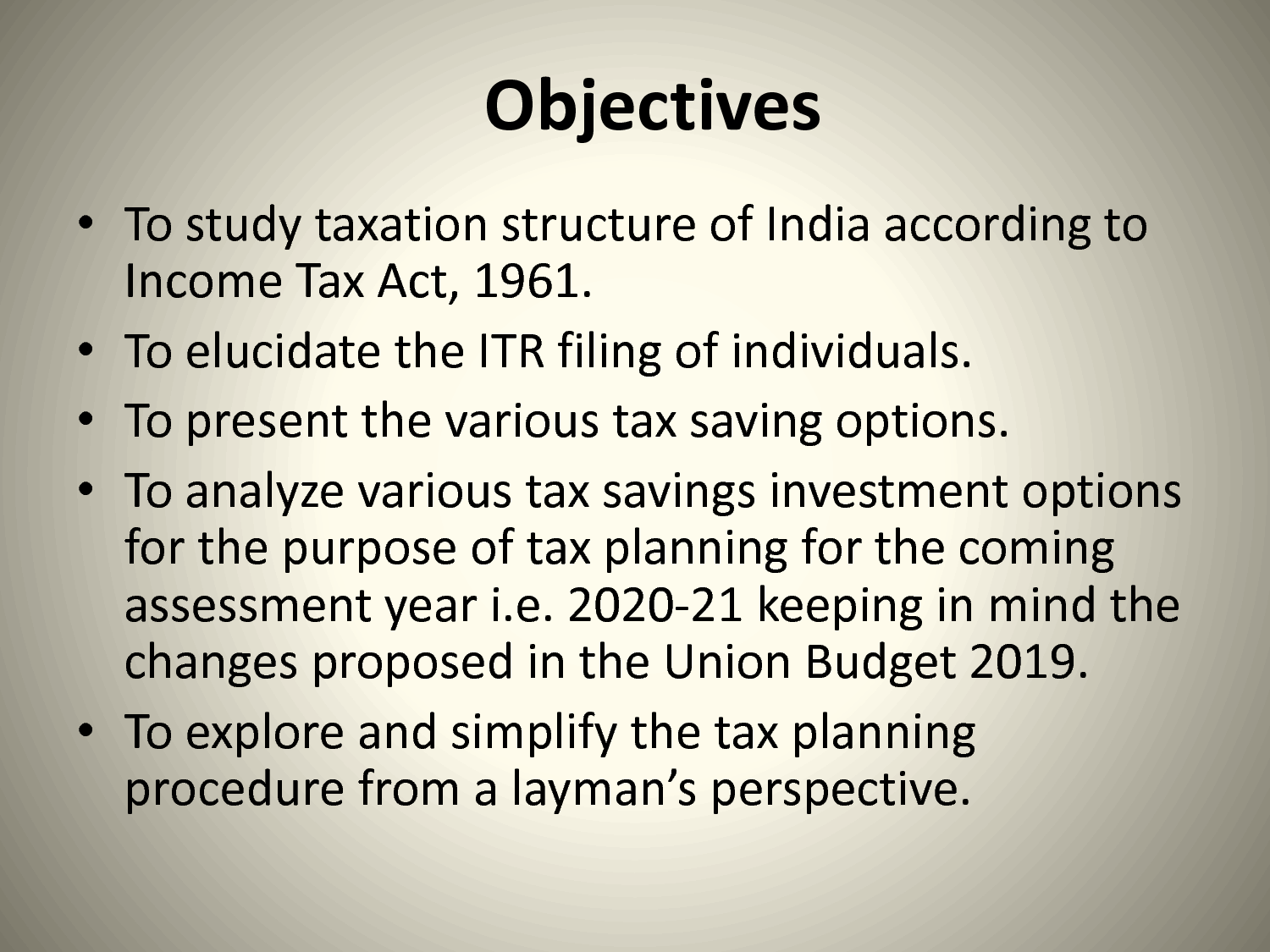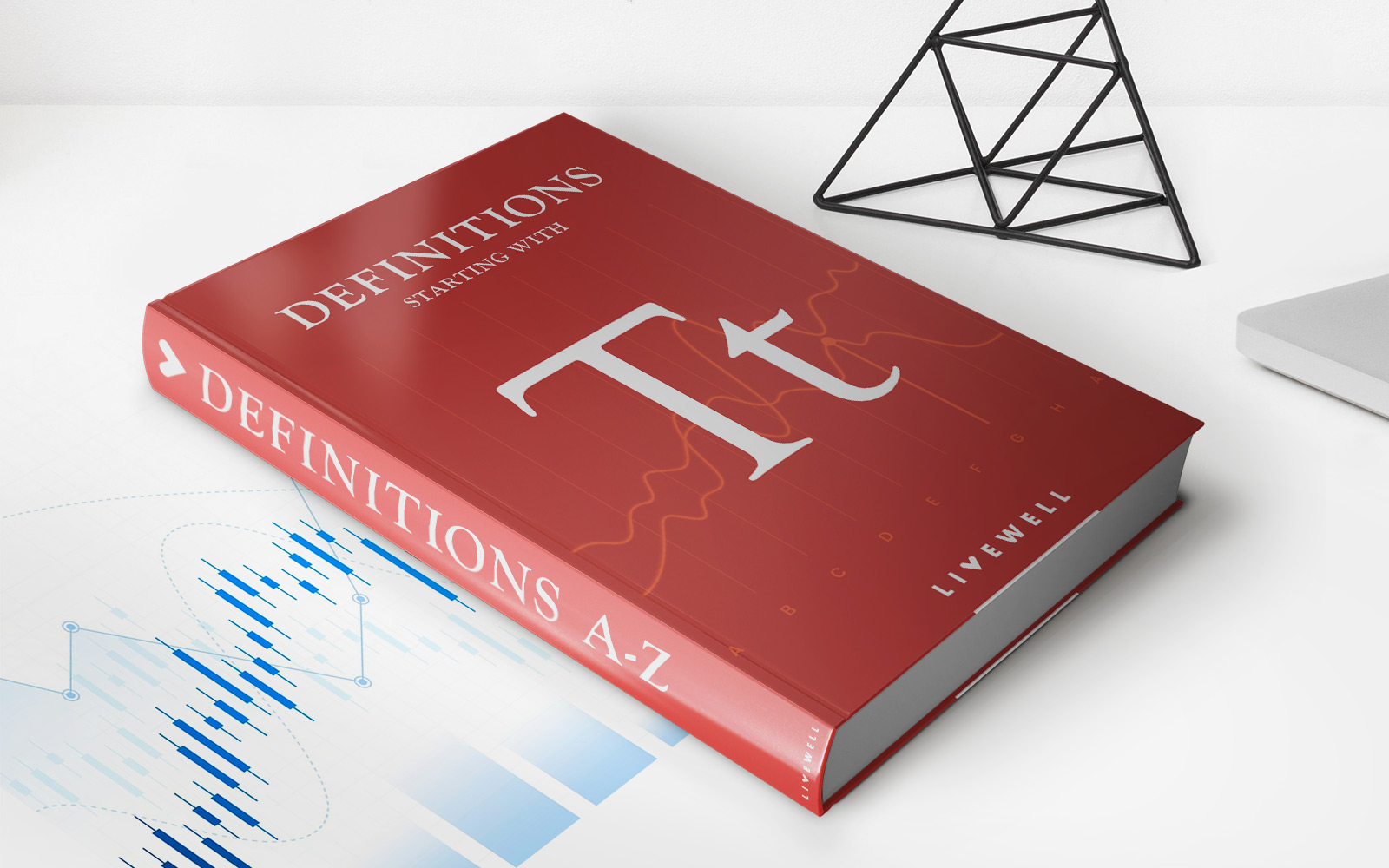Home>Finance>What Was The Marshall Plan? Definition, Purpose, And History


Finance
What Was The Marshall Plan? Definition, Purpose, And History
Published: December 28, 2023
Learn about the Marshall Plan: its definition, purpose, and history. Discover how this financial initiative shaped post-World War II Europe and influenced the global economy.
(Many of the links in this article redirect to a specific reviewed product. Your purchase of these products through affiliate links helps to generate commission for LiveWell, at no extra cost. Learn more)
Unlocking the Historical Significance of the Marshall Plan
Welcome to the fascinating world of finance, where we delve into topics that shape our economy and the course of nations. Today, we turn our attention to a defining moment in history with a look at the Marshall Plan. What exactly was it, and what impact did it have? Join us as we explore the definition, purpose, and history of this remarkable initiative.
Key Takeaways:
- The Marshall Plan was a post-World War II economic recovery program initiated by the United States.
- It aimed to provide financial aid to war-ravaged European countries and foster economic stability.
Defining the Marshall Plan
The Marshall Plan, officially known as the European Recovery Program (ERP), was a groundbreaking initiative introduced by Secretary of State George C. Marshall in 1947. In the aftermath of World War II, Europe faced immense devastation and economic turmoil. The purpose of the Marshall Plan was to provide financial support to European countries, enabling them to rebuild their shattered economies and promote stability in the region.
The Purpose of the Marshall Plan
At its core, the Marshall Plan had two primary objectives:
- To alleviate the economic hardship experienced by war-torn nations.
- To curb the spread of communism in Europe and prevent any further destabilization.
The United States recognized the urgent need for action and understood that economic rejuvenation was crucial for stability and the prevention of political extremism. By offering generous financial assistance, the plan aimed to rebuild infrastructure, support industry, stimulate trade, and promote democratic principles throughout Europe.
The Historical Impact of the Marshall Plan
The Marshall Plan was an unprecedented success and left a lasting impact on the global stage. Here are some essential highlights:
1. Economic Rebuilding:
Over the course of four years, the Marshall Plan injected around $13 billion (equivalent to approximately $155 billion today) into the European economy. This substantial investment helped countries such as France, Germany, and the United Kingdom recover and rebuild their industries, infrastructure, and trade networks.
2. Political Stability:
The financial aid provided by the United States helped stabilize fragile governments, providing a stable foundation for democracy to thrive. By bolstering European economies, the plan helped prevent the rise of radical ideologies and extremist movements, thus safeguarding peace and security across the continent.
3. Transatlantic Cooperation:
The implementation of the Marshall Plan fostered a new era of cooperation between the United States and its European allies. By extending a helping hand, the United States solidified its reputation as a global leader, forging long-lasting diplomatic alliances and fostering international goodwill.
In Conclusion
The Marshall Plan stands as a testament to the power of economic assistance in rebuilding nations and strengthening global relationships. By providing financial support to war-torn European countries, the United States not only helped restore economies but also prevented the spread of communism and fostered political stability. The legacy of the Marshall Plan is a reminder that collaboration and assistance can shape the course of history.
Thank you for joining us on this journey through the financial world. Stay tuned for more captivating insights and analysis from our finance category.














